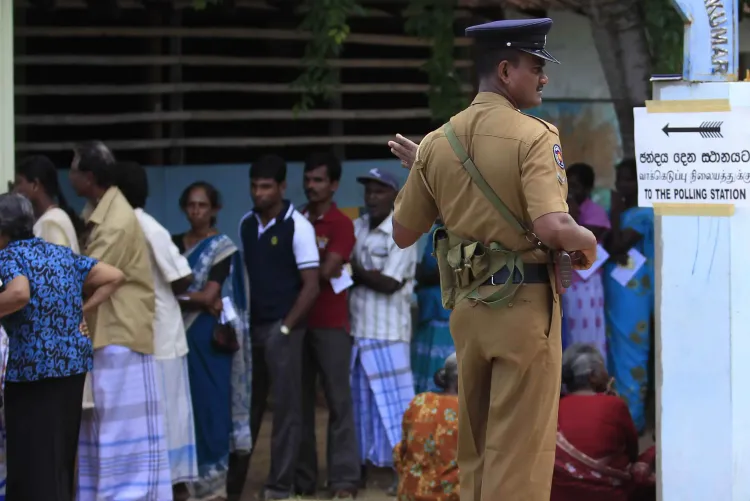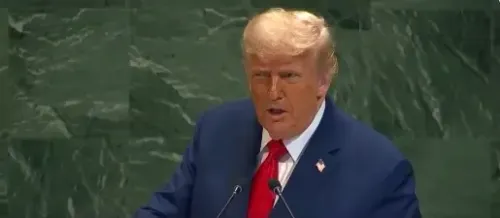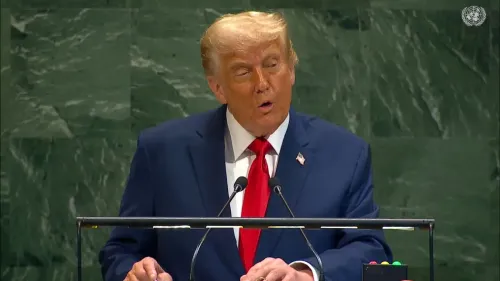Why Should Sri Lanka Implement the 13th Amendment to Its Constitution for a Brighter Future?

Synopsis
Key Takeaways
- The Thirteenth Amendment is crucial for Sri Lanka's future.
- International support emphasizes the need for provincial council elections.
- Ethnic reconciliation remains a significant challenge post-civil war.
- India plays a vital role as a regional partner in promoting governance.
- Decisions made by the NPP government will shape the country's political landscape.
Colombo, Sep 23 (NationPress) Sri Lanka must prioritize the implementation of the Thirteenth Amendment to its Constitution, not solely for the interests of India, but fundamentally for its own future, as emphasized by an analyst on Monday. This move is crucial for the unity and stability of the island nation.
The uncertainty surrounding whether Sri Lanka’s National People’s Power (NPP) government will conduct provincial council elections in 2026 raises a more significant question: Is the NPP preparing to abolish the provincial council system, despite its repeated commitments?
India’s recent remarks at the 60th session of the United Nations Human Rights Council (UNHRC) signify more than mere diplomatic formality; they reflect a long-standing dedication to Sri Lanka’s reconciliation journey. This year, several countries, including the UK and Canada, have echoed India's sentiments regarding Sri Lanka's situation. These core groups collectively underscored the urgency for provincial council elections and further power devolution in line with the Thirteenth Amendment, as noted in a report by Trincomalee's Centre for Strategic Studies.
As Sri Lanka’s closest neighbor and a significant regional ally, India has consistently advocated for the comprehensive implementation of the Thirteenth Amendment — a provision arising from the historic Indo-Lanka Accord of 1987. This accord aimed to decentralize power and promote inclusive governance, objectives that remain unrealized decades later, according to the Centre's founder, A. Jathindra.
“After extensive discussions from 1985 to 1987, both moderate and militant Tamil factions accepted India’s proposed devolution framework. However, the LTTE ultimately rejected this path, choosing a violent route until their military defeat in 2009. With the LTTE no longer a factor, the Indo-Lanka Accord stands as the only viable foundation for enduring peace, but only if Sri Lanka's leaders from both sides are genuinely willing to overcome the country's profound divides,” he added.
Following the end of the civil war in 2009, Sri Lanka had a chance to tackle its ethnic conflicts within the framework of its Constitution. Nevertheless, the authorities failed to seize this opportunity.
“For 16 years post-war, New Delhi has encouraged Tamil factions to consolidate and both sides to negotiate earnestly. Yet, no reconciliation effort as significant as the Thirteenth Amendment has progressed,” Jathindra noted.









